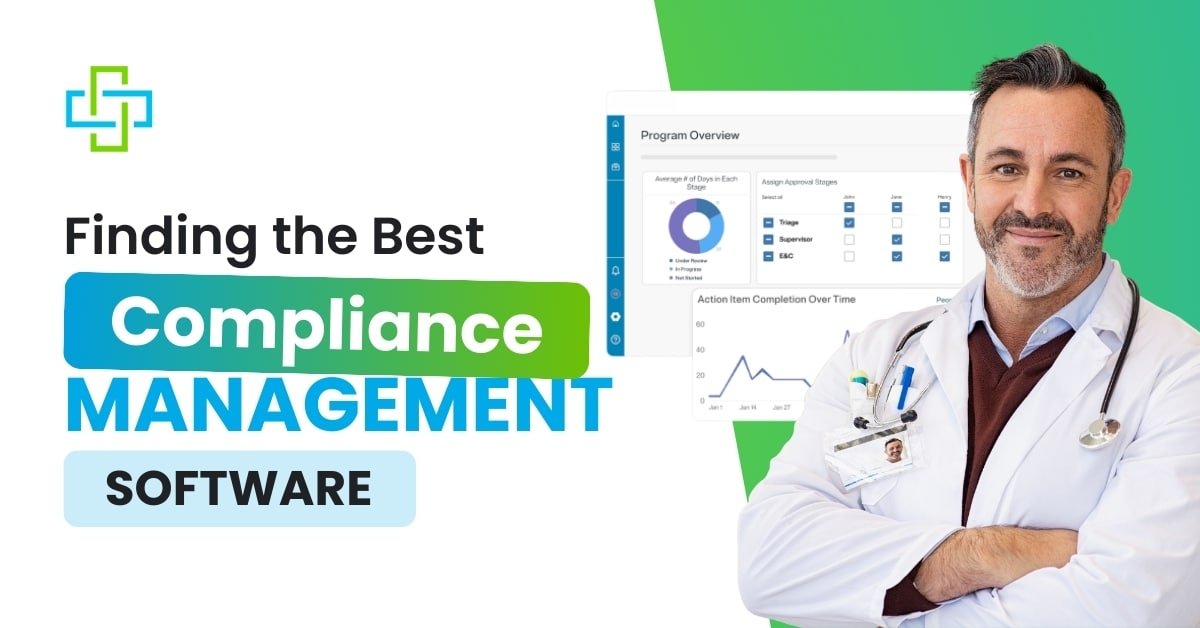Billing in healthcare is never easy. However, in the case of endocrinology medical billing, the complexity shoots to another scale.
Endocrinology is the branch of medicine focused on hormone-related conditions. This specialty covers a wide range of chronic and acute diseases, from thyroid disorders to diabetes, adrenal problems, and pituitary dysfunctions.
Managing the billing and coding for such a complex field requires not just general medical billing knowledge—but niche expertise in endocrinology-specific procedures and payer guidelines.
In this guide, This medical billing company will detail what endocrinology medical billing entails, highlight its greatest pain points, and discuss how you can enhance revenue cycle performance in 2025.
Let’s get started!
Why Endocrinology Requires Expert Billing?
Endocrinologists are dealing with advanced diseases that most often involve combinations of lab tests, imaging, biopsies, medication management, long-term care, and ongoing follow-ups. Each must be billed precisely under the appropriate CPT, ICD-10, and HCPCS codes.
Why Does This Matter?
Because incorrect coding or improper documentation can result in:
- Denials
- Delayed payments
- Compliance issues
- Financial loss
In 2025, insurance audits will be tighter than ever. Payers are demanding accurate documentation and medical necessity evidence for everything from glucose monitoring to thyroid ultrasounds. That’s why endocrinology medical billing is not only about filing claims. It’s about knowing the medical story behind every patient encounter.
Understanding Common Endocrinology Procedures and Codes
Let’s see some of the common procedures and how they are translated in the billing world:
Procedure | CPT Code | Description |
| Thyroid ultrasound | 76536 | Imaging to evaluate thyroid structure |
| Fine needle aspiration (FNA) | 10021 | Used for biopsy of thyroid nodules |
| Continuous Glucose Monitoring | 95250 | Setup and patient training for CGM device |
| Bone density scan (DEXA) | 77080 | For osteoporosis screening in endocrine patients |
| Hormone therapy injection | 96372 | Therapeutic injection of medications |
Endocrinology practices usually treat several chronic illnesses in the same patient. This calls for proper modifiers such as -25 for E/M services or -59 for distinct procedures. Misuse of these modifiers is one of the main reasons for claim denials in endocrinology medical billing.
5 Challenges in Endocrinology Medical Billing
The following are the most frequent challenges endocrinology practices experience while billing:
a. Complex Coding Structure
Most procedures necessitate bundled codes or combination billing. One incorrect code can decrease reimbursement or cause a rejection.
b. Prior Authorization Headaches
Therapies such as CGM devices or thyroid treatments frequently necessitate pre-approval. Lack of documentation holds up revenue.
c. Inconsistent Documentation
Physicians are busy. However, incomplete notes make it difficult for billers to support the claim, particularly with Medicare.
d. Chronic Care Management (CCM) Confusion
Endocrinologists may be eligible for CCM billing, yet numerous practices don’t use these codes because they are unaware or poorly integrate them into their workflow.
e. Denials and Appeals
Claims denied for lack of medical necessity or improper modifiers consume admin time and impact cash flow.
7 Billing Best Practices for 2025
To achieve maximum reimbursement and remain compliant, below are the 7 best practices for endocrinology medical billing in 2025:
1. Verify Insurance Coverage Before Every Visit
Don’t assume that insurance coverage remains constant—check eligibility and benefits each time.
2. Master Endocrinology-Specific Codes
Regular training for coding staff is a must. Stay updated with changes in CPT and ICD-10 codes relevant to diabetes, thyroid, and adrenal disorders.
3. Use Templates for Documentation
Develop EHR templates that prompt physicians to capture all required data for billing and auditing.
4. Bill for All Services You’re Entitled
That encompasses time-based codes such as:
- Chronic care management (99490)
- Remote patient monitoring (99457)
- Preventive screenings (G0101)
5. Refrain from Modifier Misuse
Educate your billing staff on the proper use of:
- Modifier -25: Substantial E/M service on the same day
- Modifier -59: Separate procedural service
6. Monitor Denials and Learn From Them
Utilize denial codes as a learning tool. Develop a monthly report and train your team on frequent mistakes.
7. Collaborate With an Expert Billing Provider
Outsourcing to experts who know endocrinology medical billing provides greater accuracy, quicker claims, and lower rejections.
Choosing the Right Billing Partner
If you are considering outsourcing your billing, here’s what to search for:
Endocrinology background
Ask if they have experience with hormone therapy or CGM billing.
Compliance-oriented
They should abide by HIPAA and be current with CMS regulations.
Transparent Reporting
Opt for providers who provide frequent updates and performance statistics.
AR follow-up system
Good follow-up prevents denied or underpaid claims from falling through the cracks.
Technology-driven
Make sure they have contemporary billing software that is integrated into your EHR systems.
Importance of Technology in Endocrinology Medical Billing Efficiency
Medical billing services isn’t data entry anymore. It’s a technology-fueled powerhouse. This is how technology enhances endocrinology medical billing:
- As it eliminates manual mistakes and enhances charge capture.
- Identifies coding or eligibility errors before claim submission.
- Track billing KPIs such as days in AR, denial rate, and net collection ratio.
- Simplify remote care to document and bill appropriately.
- Practices embracing automation and AI will dominate financial performance in 2025.
5 Advantages of Outsourcing Endocrinology Medical Billing Services
Suppose you’re a solo endocrinologist or running a multi-provider clinic. Why outsource?
Here are the actual advantages:
- No in-house billing team to hire, train, and manage.
- Skilled billers identify errors before submitting claims.
- Timely claim processing shortens the payment cycle.
- Expand your practice without concern about billing operations.
- Keep up to date on changes in Medicare and commercial payer policy.
Our endocrinology medical billing services can remove the administrative burden from your shoulders. It allows you to concentrate on patient care.
Final Thoughts
Endocrinology medical billing is a vital part of maintaining a thriving practice. In 2025, billing accuracy, document precision, and compliance are more crucial than ever. Whether it’s learning how to bill for thyroid biopsies or navigating chronic care codes, your revenue is based on the efficiency of your billing process.
If you’re fighting denials every step of the way or losing revenue to under-coding, perhaps it’s time to review your billing strategy.
So, are you having trouble with the intricacies of endocrinology billing? Contact us today!




